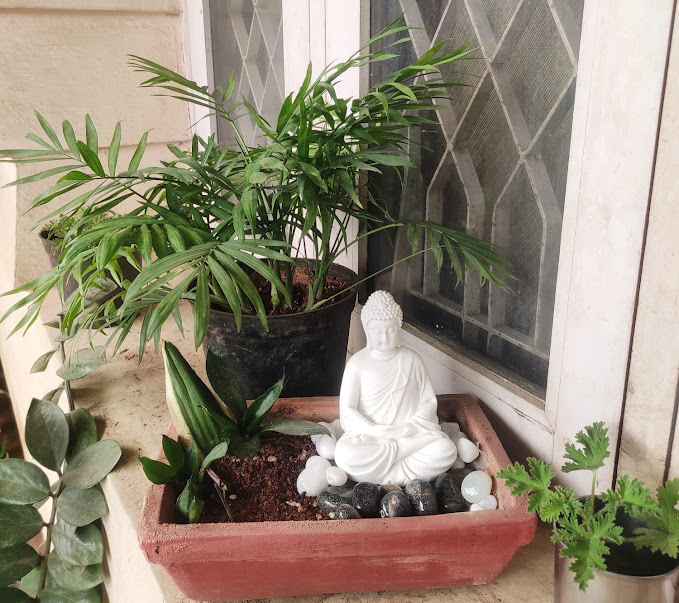BREATHING TECHNIQUES FOR PUBLIC SPEAKERS
 |
Most of us know deep breathing is calming. And, most of us breathe deep for a few times before we speak on stage or before a group of people. It is called DIAPHRAGMATIC BREATHING. We take a long deep breath through our nose - making sure our tummy inflates; we hold the breath to a few counts and then we exhale deeply. Apart from the physiologically calming aspects such as lowering our heart rate and improving oxygen levels, what it also does is shift the focus of our minds from anxiety to the sound of our own breath.
Now let me introduce to you 2 more less common breathing techniques to calm down.
THE DOUBLE INHALE/THE PHYSIOLOGICAL SIGH
This is a breathing technique recommended by Dr. Andrew Huberman who is a Neuroscientist
working at the Stanford University School of Medicine in his very famous podcast. It is similar to a sigh we let out every now and then. The technique is basically to take an inhale from the nose and just when you
think you are done with your inhale you force in another inhale before exhaling
through the mouth. Just 2-3 of these inhales can prove extremely de-stressing.
MODIFIED VERSION OF THE LION’S BREATH /SIMHASANA PRANAYAMA
Lion’s breath helps release muscular tension from the
jawline, throat, neck, face, and shoulders. This breathing practice is said to
help with the fifth chakra in YOGA. The Fifth Chakra governs creativity,
communication, and expression. It is a breathing exercise that is extremely suitable for
singers, public speakers, and people with speech impairments, such as
stuttering.
The technique involves sitting in a comfortable position, taking a deep breath from the nose - opening the mouth - letting out the tongue down if possible, and exhaling with an ‘ah’ sound as if you were a roaring lion. Doing this a
couple of times and ending with diaphragmatic breathing is considered very calming.
Now that you learned about three breathing techniques. Experiment
with it and don’t forget to leave me your comments.
.png)
.jpg)
Very good tips, Deepa. Thank you for sharing - Sudheesh Shanmughan
ReplyDelete